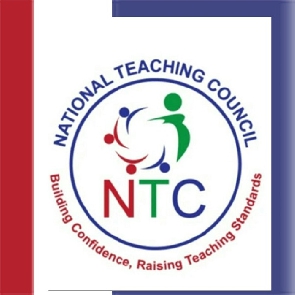Following the revitalization of the National Teaching Council (NTC), there has been the introduction of a national accolade system, termed the "Ghana Teacher Prize." This initiative aims to recognize and reward outstanding educators across the nation.
Over the years, several commendable teachers have been honored under various categories, with the awards encompassing significant prizes such as housing, vehicles, and other valuable assets.
However, while the award system has evolved, there are growing concerns regarding its transparency and inclusivity. The current nomination process, which requires teachers to be nominated before evaluation for the award, has come under scrutiny.
Observations indicate a disproportionate representation, with urban teachers frequently nominated, while their rural counterparts are often overlooked. This disparity raises questions about the fairness of the nomination system and whether it inadvertently favors certain demographics over others.
Furthermore, the nomination process has been criticized for its perceived political and biased undertones. There is a pressing need for clarity on the criteria and motivations behind the selection of nominees.
The expansion of the award categories to include college tutors, administrators, and district directors seems to deviate from the original purpose of the prize. The transformation of what was once a straightforward recognition of teaching excellence into a more complex and prestigious affair has raised eyebrows.
The essence of the award, which should be to celebrate every teacher's potential and contribution, seems to be getting lost in the process.
On Teachers' Day, it is disheartening to note that many teachers feel disconnected from the award system. The substantial financial investments funneled into the prize, supported by organizations like GNAT, NAGRAT, and CCT, further complicate matters.
The allocation of these funds and the negotiation processes surrounding the awards have been called into question, with concerns about potential biases and favoritism.
To address these issues, the NTC must reconsider the award system's structure. A decentralized approach, starting at the district level, could offer a more equitable platform. Teachers could first be recognized at the district level, then advance to regional competitions, and finally to the national stage. Such a tiered system would enhance competitiveness, reduce potential biases, and ensure a more inclusive representation.
In its current state, the award system appears marred by political influences, favoritism, and evident discrimination. The essence of a once-in-a-lifetime prize should be to offer every educator an equal opportunity to be recognized for their dedication and excellence.
It is disconcerting for many competent teachers to feel sidelined, either by not being nominated or by being excluded without clear justification. The NTC must take proactive measures to restore faith in the award system and ensure it truly celebrates the nation's teachers.
Opinions of Sunday, 8 October 2023
Columnist: Isaac Ofori















